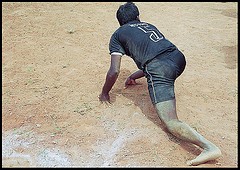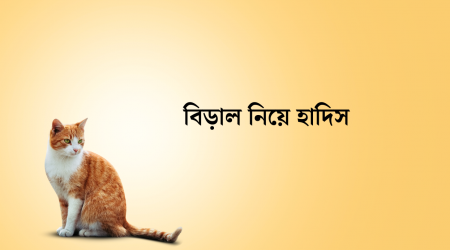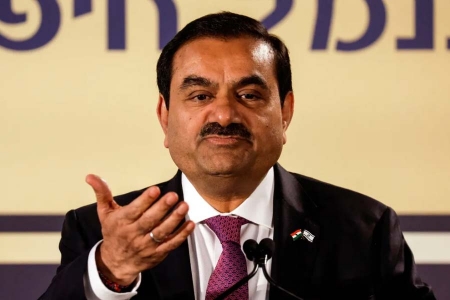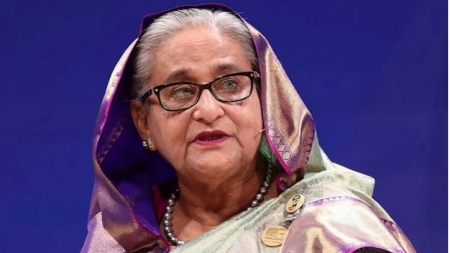Ha-du-du recognised as the national game of Bangladesh, Ha-du-du is played by two teams of 12 players each on a 12.50 metre by 10 metre rectangular court in which a player, while holding his breath, dashes into the opponent team's area, touches some player(s) and/or wrestles out to come back home safely without releasing his breath and thereby scores point for his team. The team consists of 12 players but only seven play in the court and the rest stay out of court as extras. While intruding into the opponents' area the player clearly and audibly repeats the word 'kabadi' without break and without releasing the breath. This is called cant or 'dak' (note). The time for the match comprises two halves of 20 minutes each and 5 minutes break in between. A team earns one point by throwing out each one player of the opposite side. Two extra points are added as bonus when all players of the opponent party are out. The team that earns the greater number of points in the stipulated time wins the game.
Ha-du-du is a very popular game in Bangladesh, especially in the villages and, for that, it is also called the 'game of rural Bengal'. In some areas kabadi is also known as ha-du-du. But despite its popularity ha-du-du had no definite rules and it used to be played with different rules in different areas. Ha-du-du was given the name kabadi and the status of National Game in 1972.
Bangladesh Amateur Kabadi Federation was formed in 1973. It framed rules and regulations for the game. Bangladesh first played Ha-du-du test in 1974 with a visiting Indian team, which played test matches with the district teams of Dhaka, Tangail, Dinajpur, Jessore, Faridpur and Comilla. In 1978, the Asian Amateur Kabadi Federation was formed at a conference of delegates from Bangladesh, India, Nepal and Pakistan in the Indian town of Villai.
সর্বশেষ এডিট : ১০ ই ফেব্রুয়ারি, ২০০৮ বিকাল ৫:৫০


 অনুগ্রহ করে অপেক্ষা করুন। ছবি আটো ইন্সার্ট হবে।
অনুগ্রহ করে অপেক্ষা করুন। ছবি আটো ইন্সার্ট হবে।









